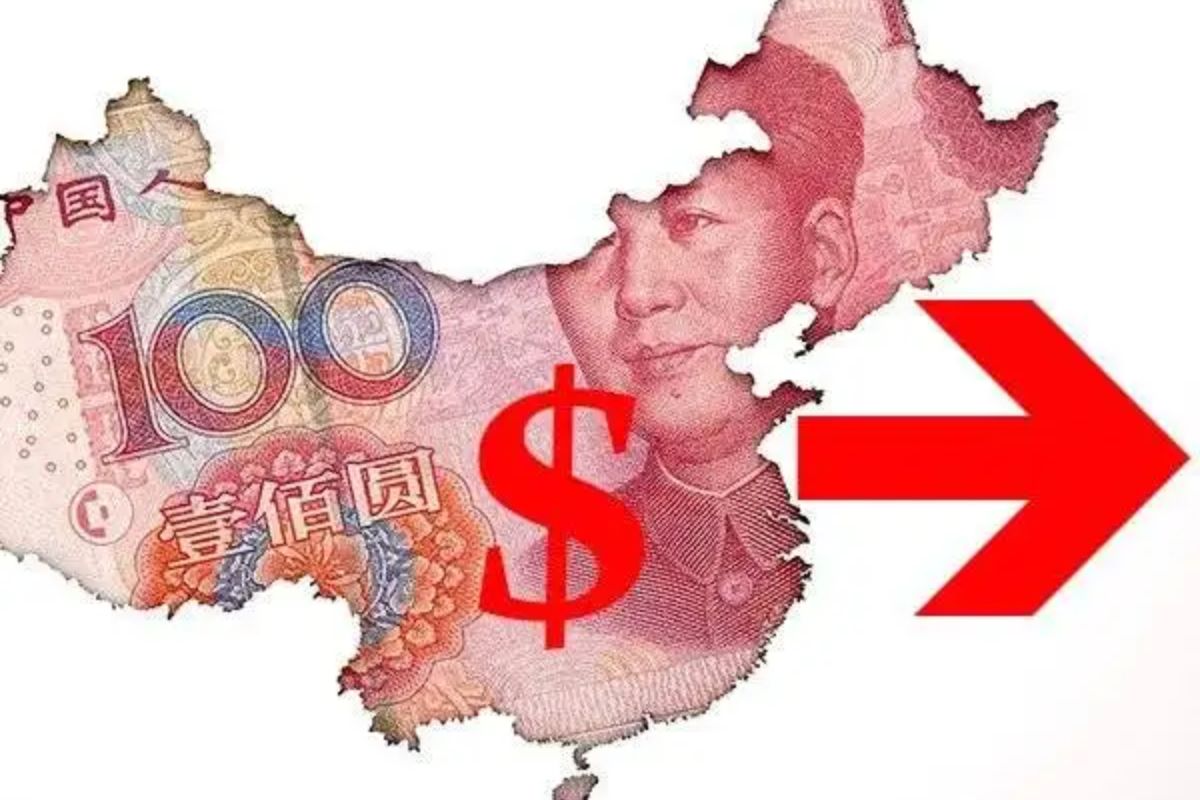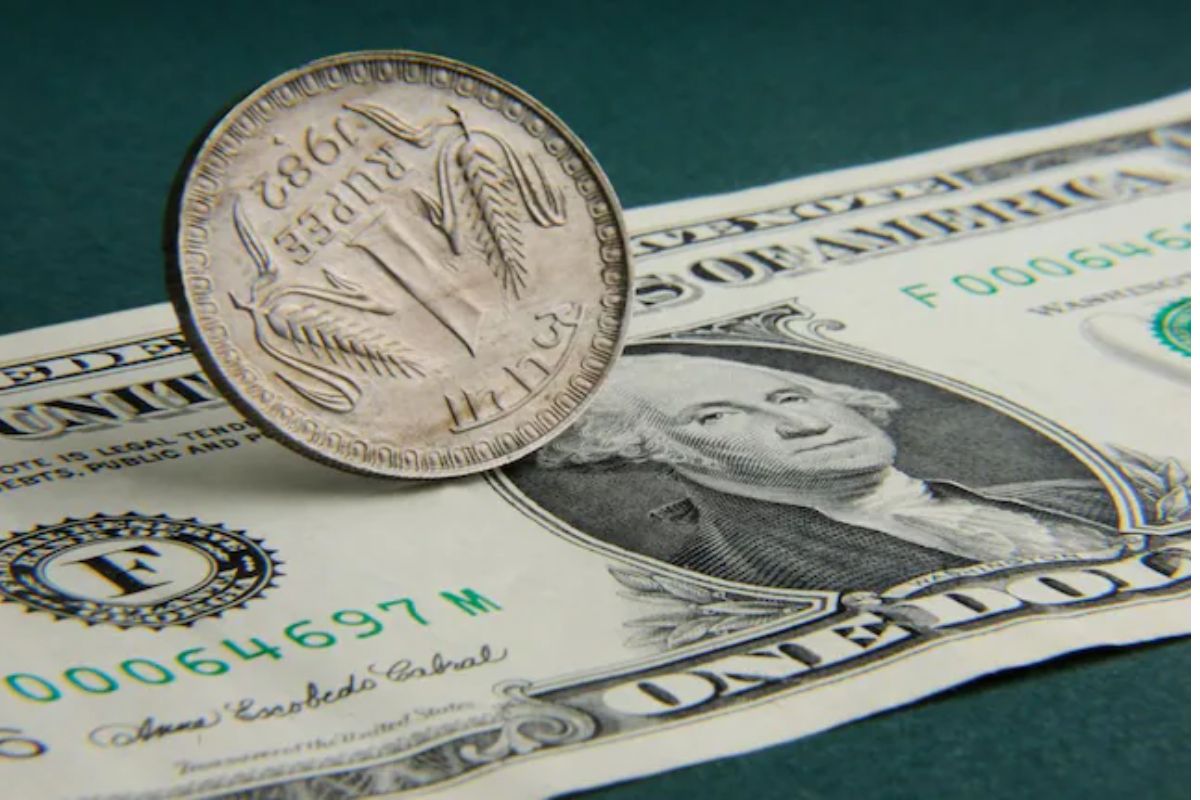China’s Outflow of Capital increased in April, highlighting headwinds for the yuan amid a poor local economy and uncertainty over the Federal Reserve’s policy path.
In April, local enterprises purchased the most foreign exchange from banks since 2016, while exporters refrained from converting dollars and residents bought foreign currencies for overseas travel, according to government statistics issued on Friday.
These reasons point to a cautious outlook on the yuan, as China’s comparatively low interest rates compared to the US favor the dollar. While the People’s Bank of China has intervened to keep the yuan in a tight range, doubts about the timing and extent of Fed rate decreases this year are complicating its task.
“We expect policymakers to maintain tight control to fend off depreciation expectations” through a robust yuan fixing and offshore liquidity management, given the rising capital outflow pressures, Goldman Sachs Group Inc. economists and strategists, including Xinquan Chen, wrote in a note.
Here’s an overview of China’s capital movements in April:
Last month, Chinese banks sold a net $36.7 billion in foreign money to their clients, the largest since December 2016, according to figures issued by the State Administration of Foreign Money.
Investors favored foreign-exchange assets under the capital account in April, indicating that they are more enthusiastic about securities not denominated in the yuan. The current account also did not boost the yuan, since it revealed net purchases of foreign currencies, which is unusual given China’s lengthy history of export surpluses. The service deficit associated with outward travel increased.
Bloomberg Analyst
“Exporters have a higher tendency to hold foreign currency instead of yuan, given the weak expectation of China’s economic growth and continuous capital outflow,” said Dan Wang, chief economist of Hang Seng Bank China Ltd.
Chinese banks sent a net $29.5 billion in funds overseas on behalf of clients seeking direct investment, a record high. This metric combines both foreign investment in China and Chinese outbound investment overseas.
According to Bloomberg analyst Gerard DiPippo, the decline in China’s foreign direct investment inflows may be due to increased interest rates in the US rather than foreign corporations losing interest in China. Non-resident corporations, especially Chinese firms with Hong Kong headquarters, may have shifted their wealth offshore to capitalize on higher rates, he said.
Read More:
The 84-year-old man who saved Nvidia
Elon Musk Starlink Launch in Bali: Important Things You Need to Know
The Secrets of (NYSE: HOOD): Picks & Shovel on Meme Stocks
Source
Bloomberg

Andrew is a New York-based markets reporter at The Wall Street , covering the latest news from Wall Street, the rise of the spot bitcoin exchange-traded funds and updates on crypto markets. He is a graduate of New York University’s business and economic reporting program and has appeared on CBS News, YahooFinance and Nasdaq TradeTalks. He holds BTC and ETH.







